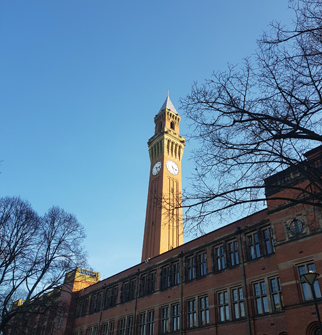New guidance for freedom of expression at universities has been unveiled.
The Equality and Human Rights Commission has collaborated with several other organisations for use by higher education institutions and students’ unions, for upholding freedom of speech.
The EHRC says it’s the first time that legal rights and obligations around free speech have been defined for institutions, students’ unions and individuals to stand up for free speech, and creating a structure for them to work together. It clarifies what it terms the limited occasions where free speech can lawfully be limited.
The guidance arose from a Department for Education ‘free speech summit’ in May 2018, produced by the EHRC, with input from the National Union of Students (NUS), Universities UK, Charity Commission for England and Wales, Office for Students, Independent HE, GuildHE, Commission for Countering Extremism and Home Office.
David Isaac, Chair of the Equality and Human Rights Commission, said: ‘The free expression and exchange of different views without persecution or interference goes straight to the heart of our democracy and is a vital part of higher education. Holding open, challenging debates rather than silencing the views of those we don’t agree with helps to build tolerance and address prejudice and discrimination. Our guidance makes clear that freedom of speech in higher education should be upheld at every opportunity and should only be limited where there are genuine safety concerns or it constitutes unlawful behaviour.’
And Universities Minister Chris Skidmore said: ‘Free speech is a value integral to the independence and innovation that embodies the higher education sector in the UK, fuelling academic thought and challenging injustice. This guidance is a symbol of the commitment from across the sector to protecting freedom of speech.
‘The guidance provides a clear framework for institutions and student unions to work within, and provides additional clarity on the contentious issue of hate speech. It also sets out a clear benchmark of good practice around how these organisations can work together to facilitate and uphold free speech, alongside other requirements such as the Prevent Duty, which requires higher education institutions to safeguard staff and students from being drawn into terrorism.’
For the full 54-page document visit the EHRC website.
According to the think-tank the Henry Jackson Society, last year 200 extremist-linked events took place on UK Higher Education institutions in 2017/18, with SOAS the most common host. Others singled out by the HJS were other institutions in London; and Birmingham, pictured.
The Society says it found no evidence of any risk-assessment or due diligence at any of the 200; only two of them appeared subject to challenge or critique, it claimed.









